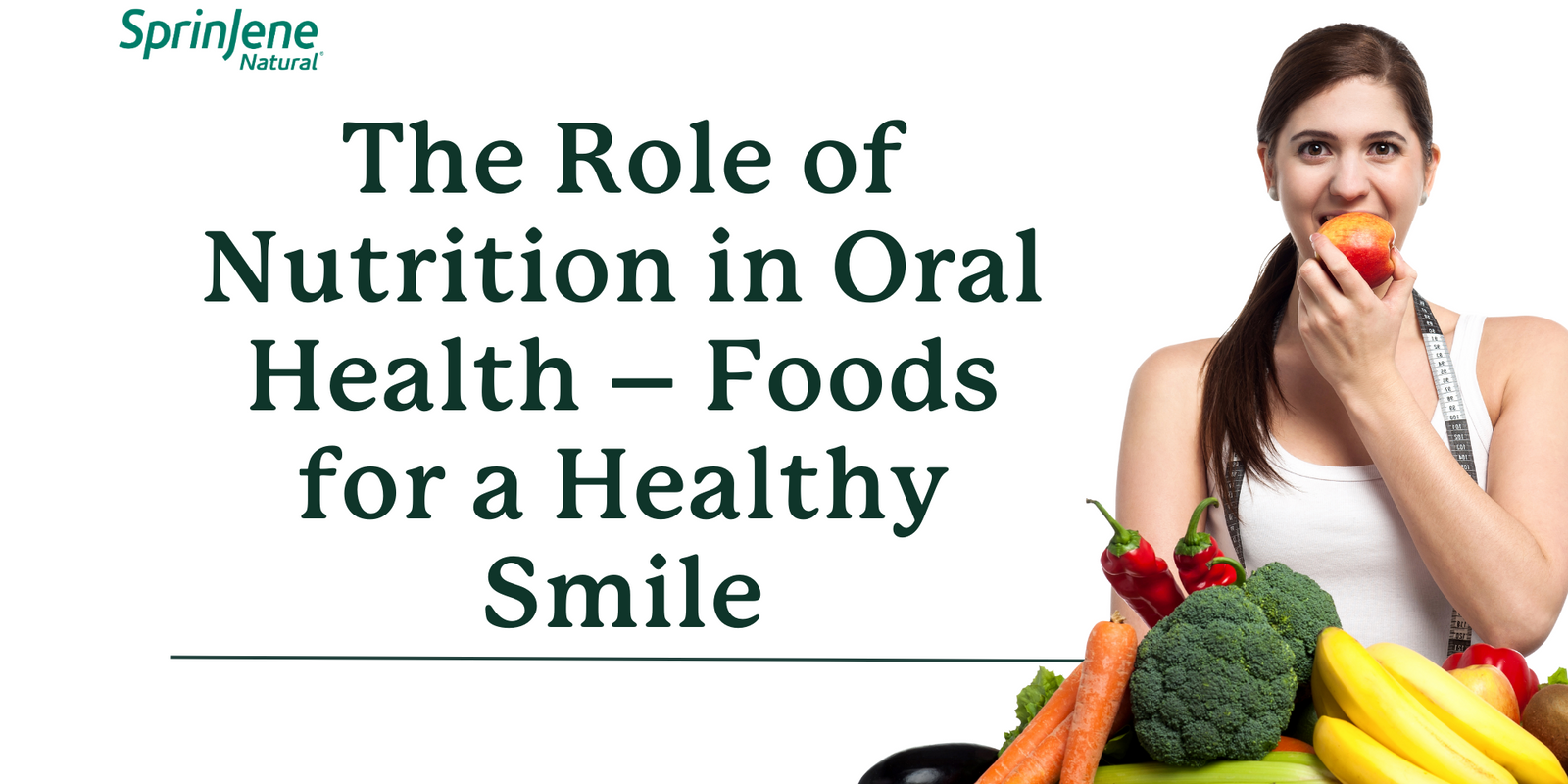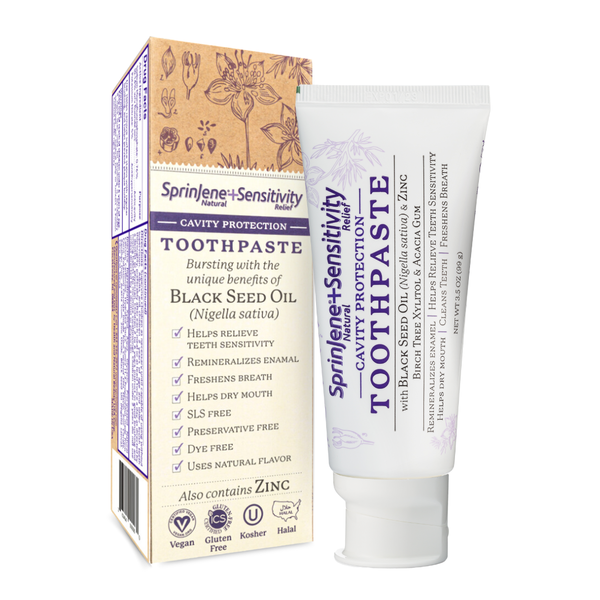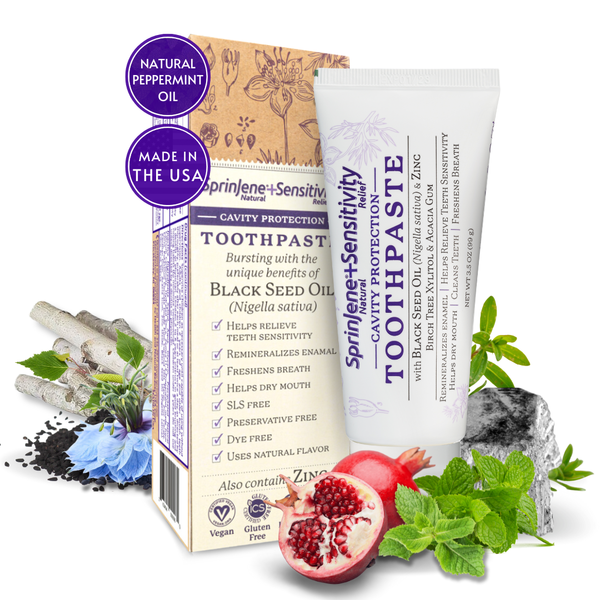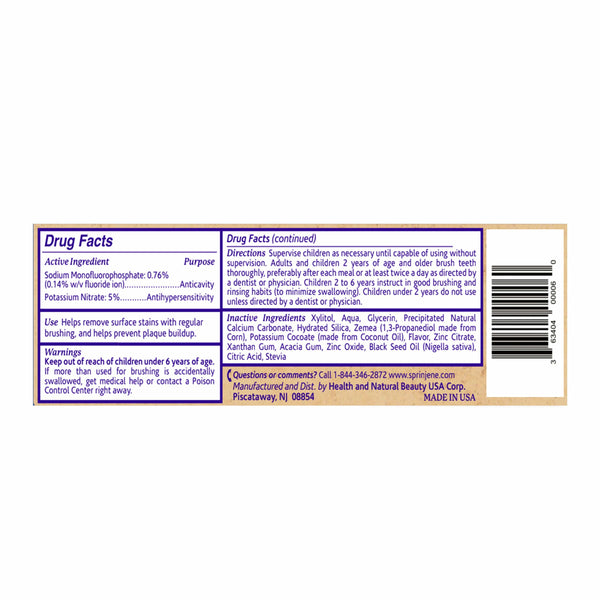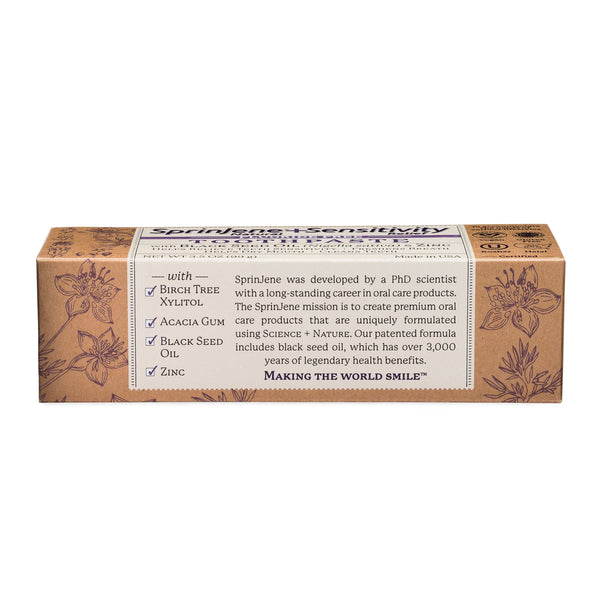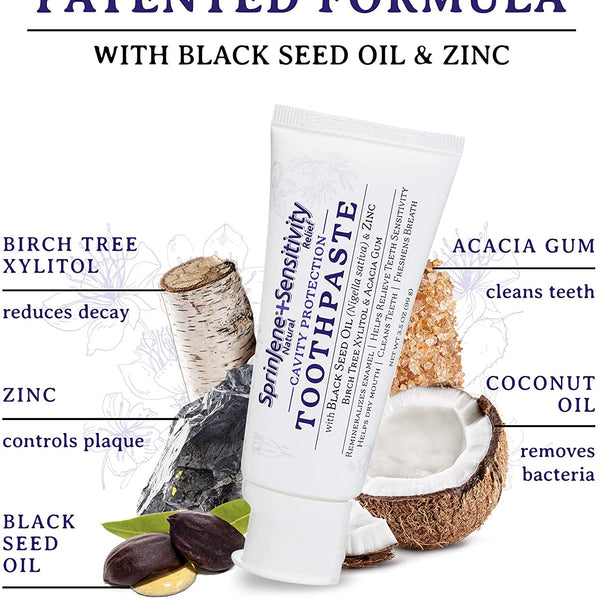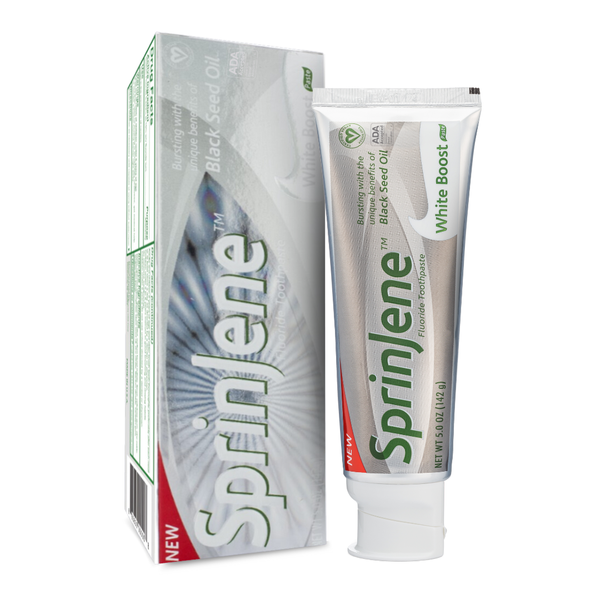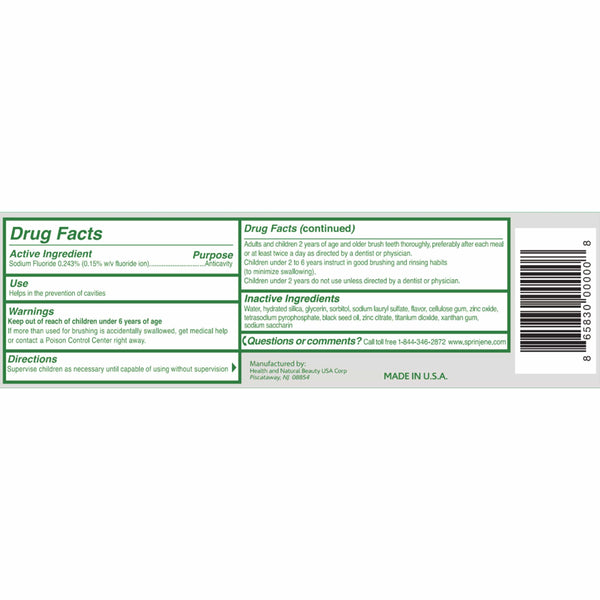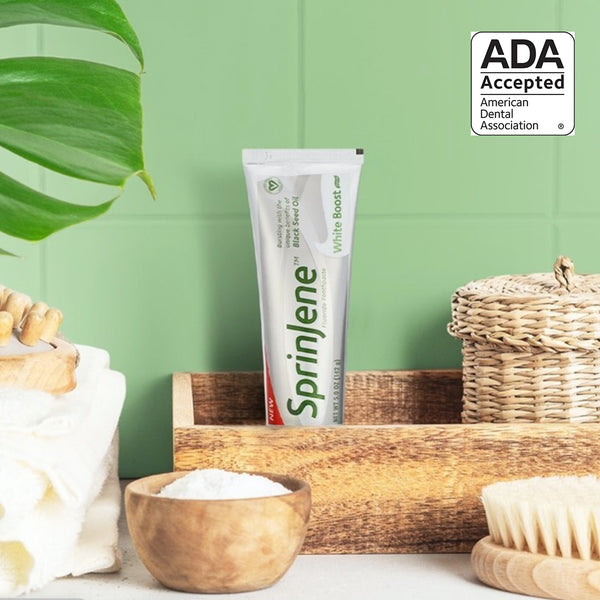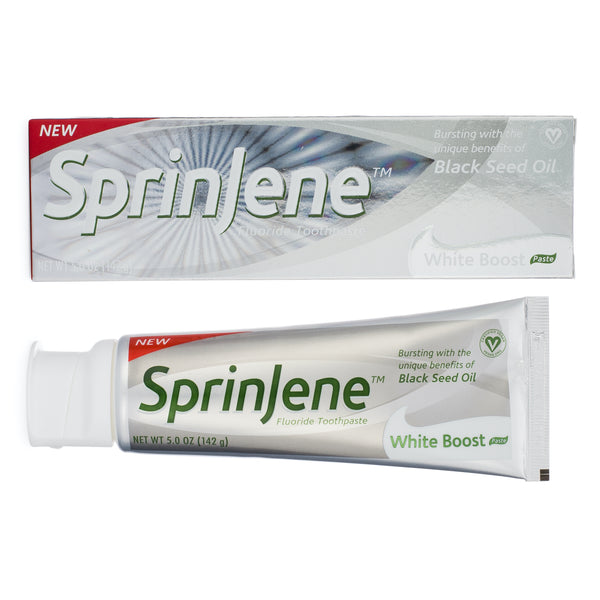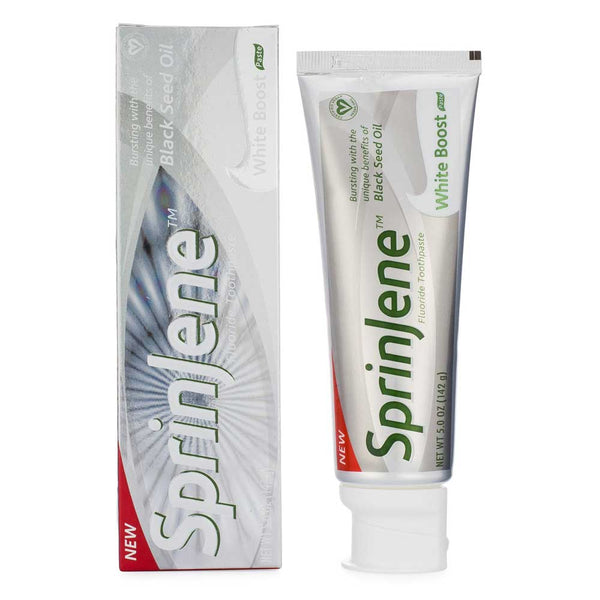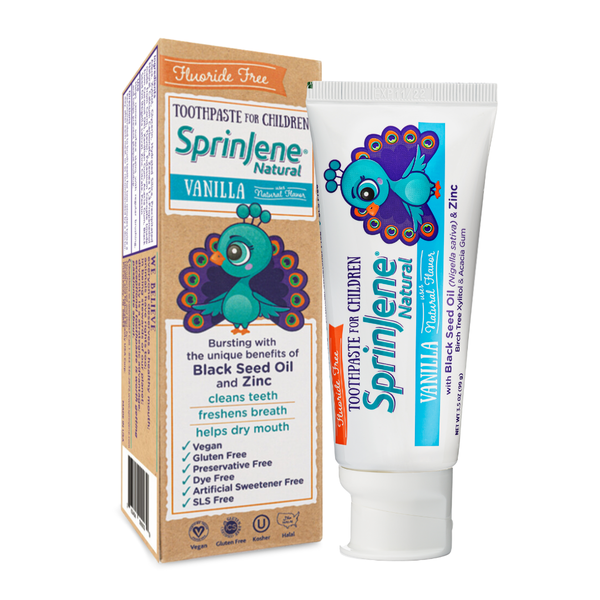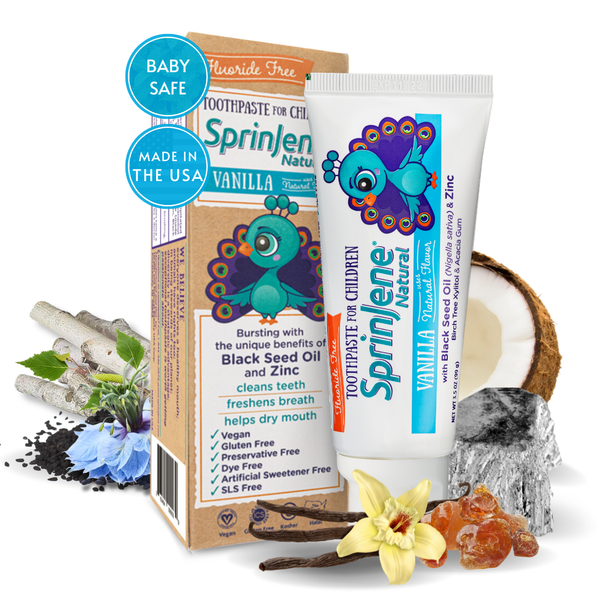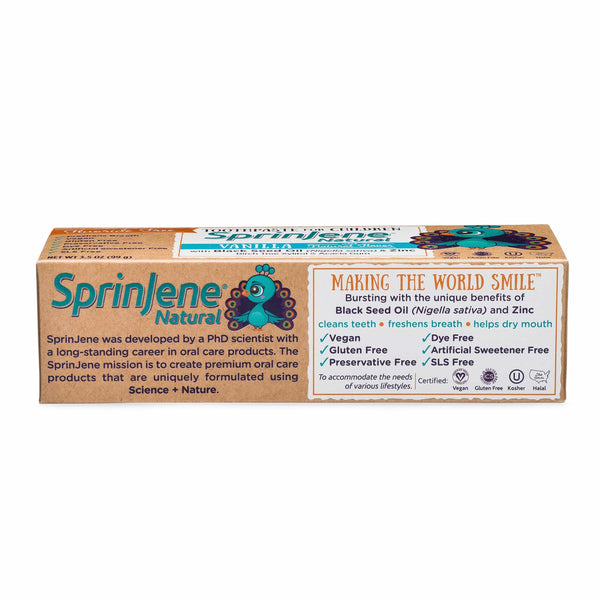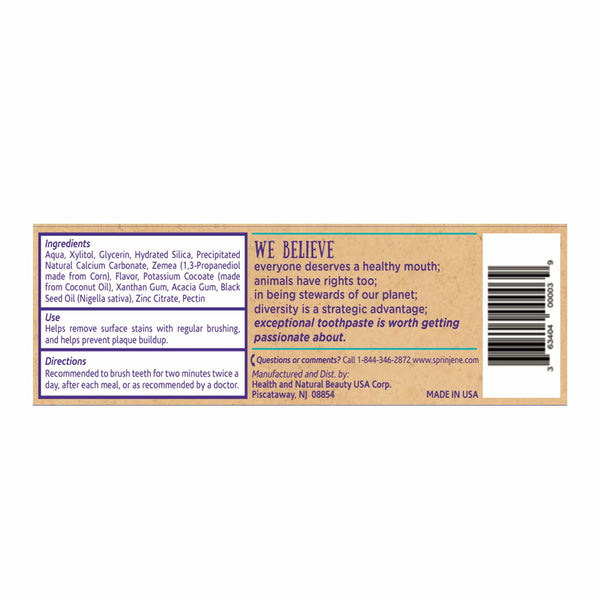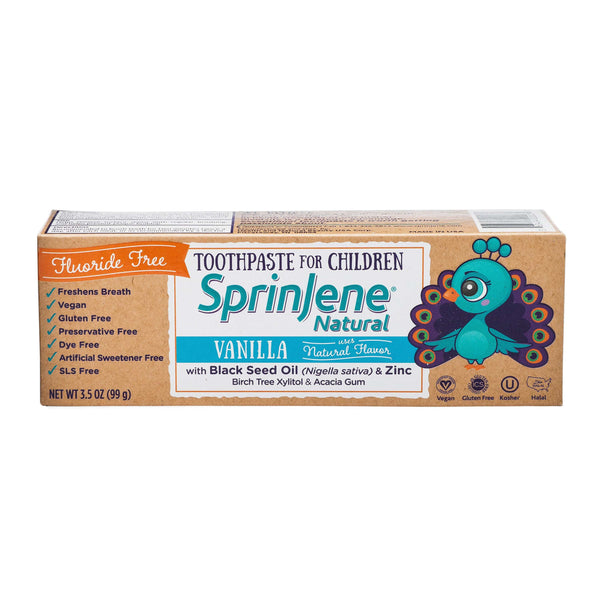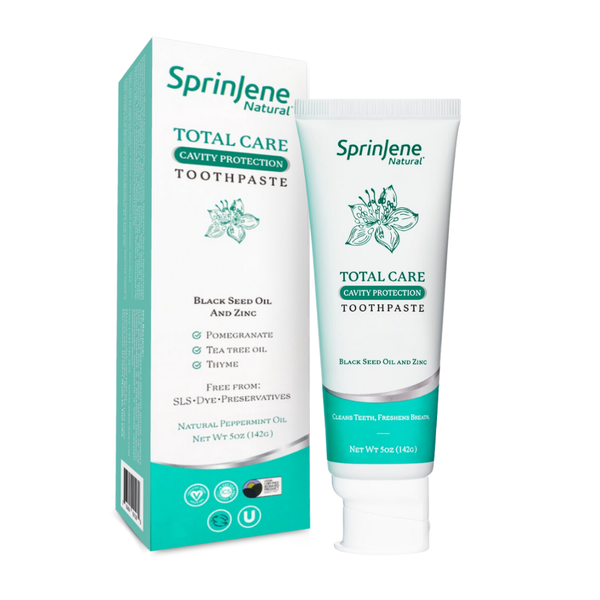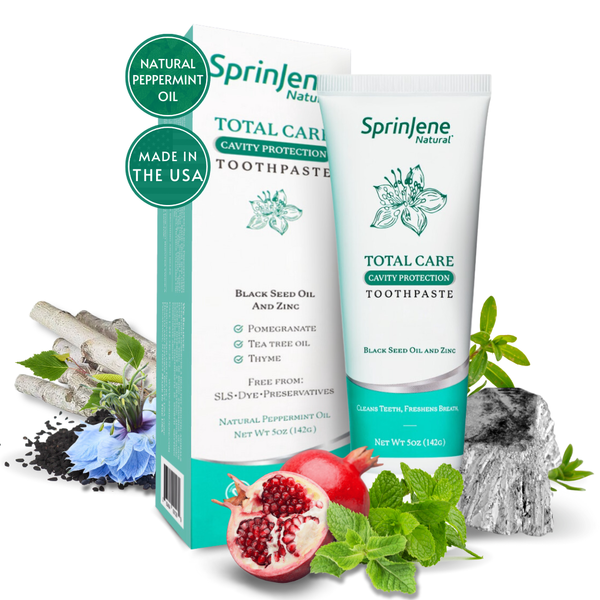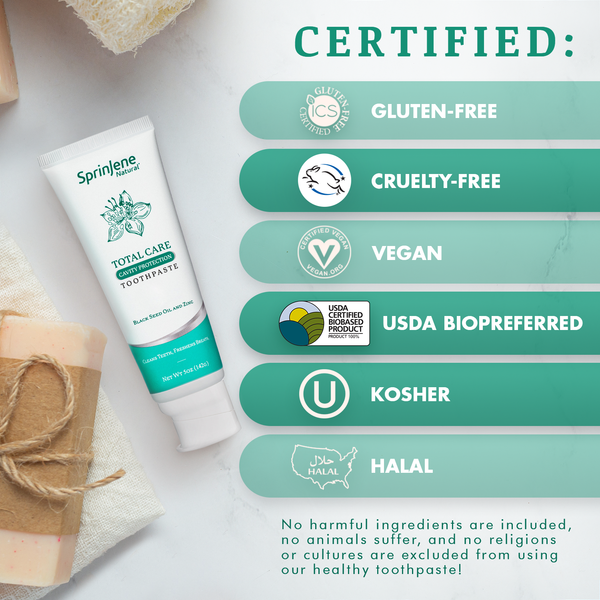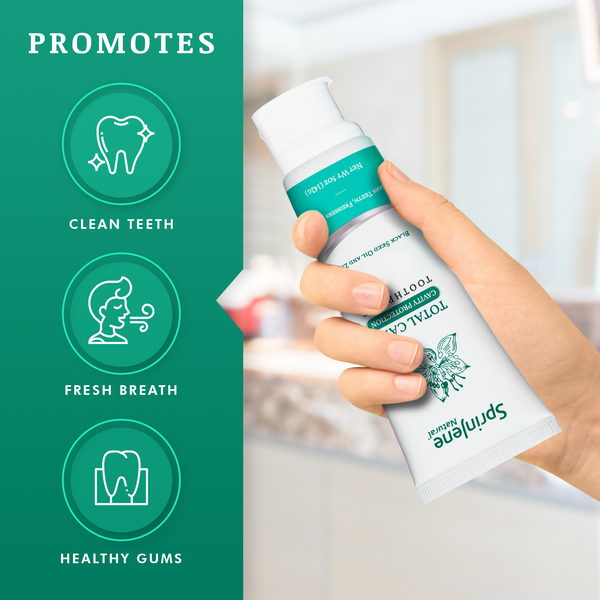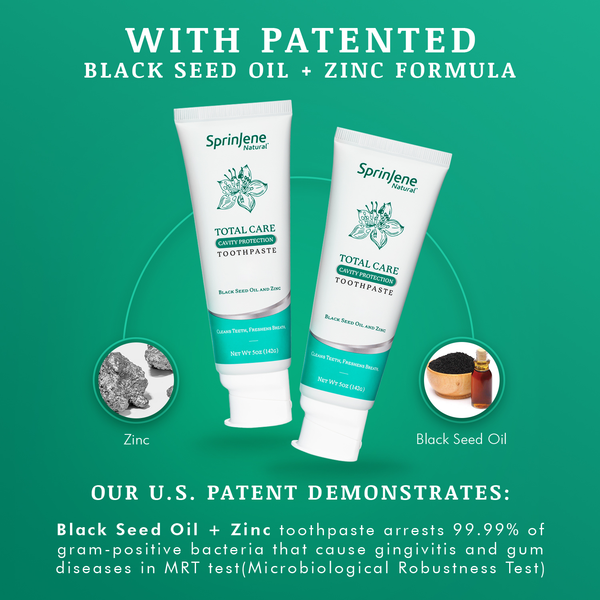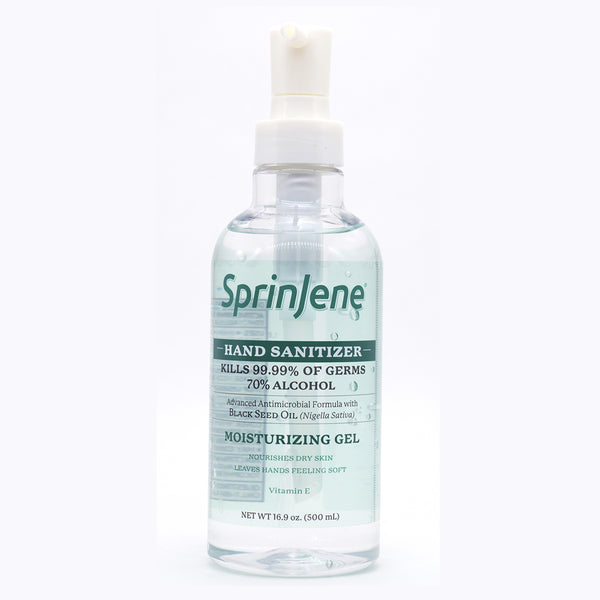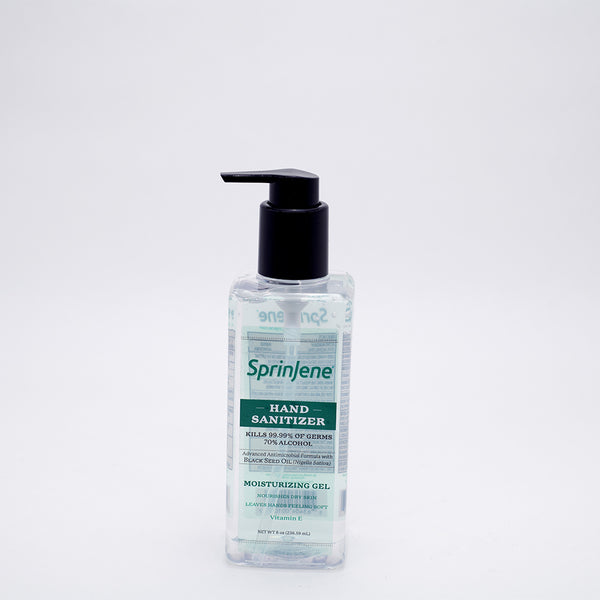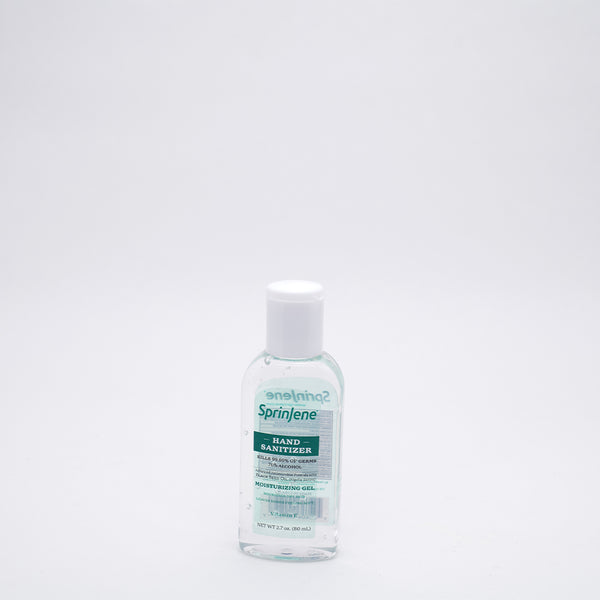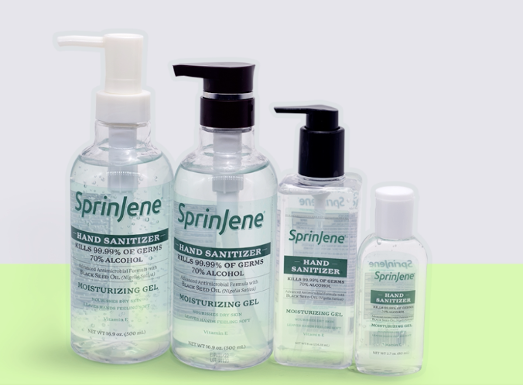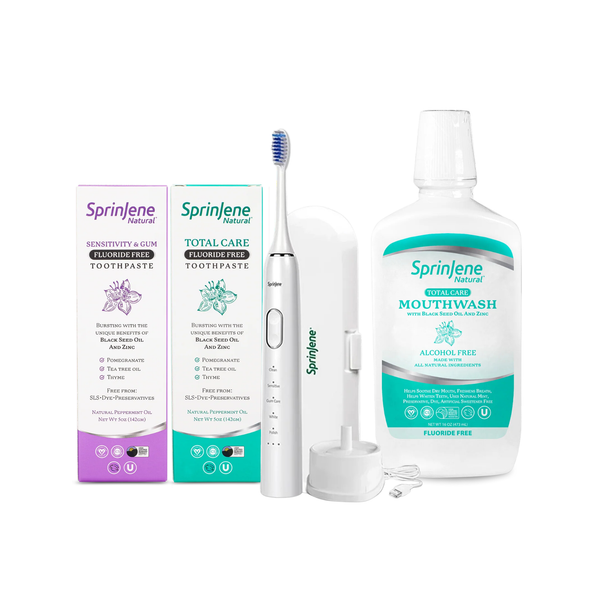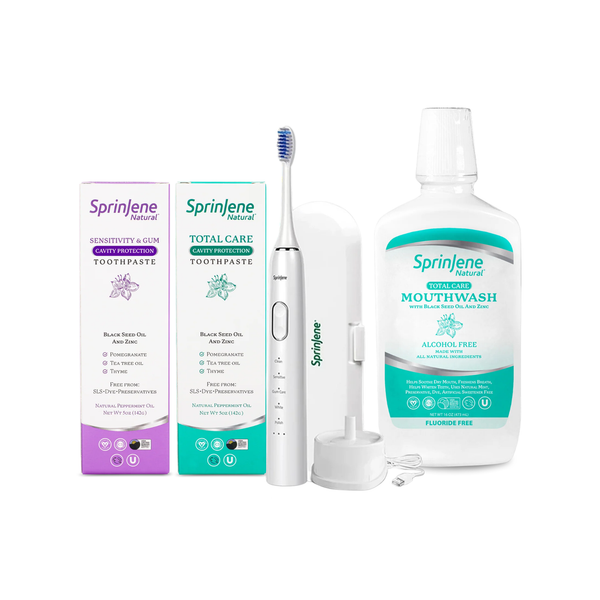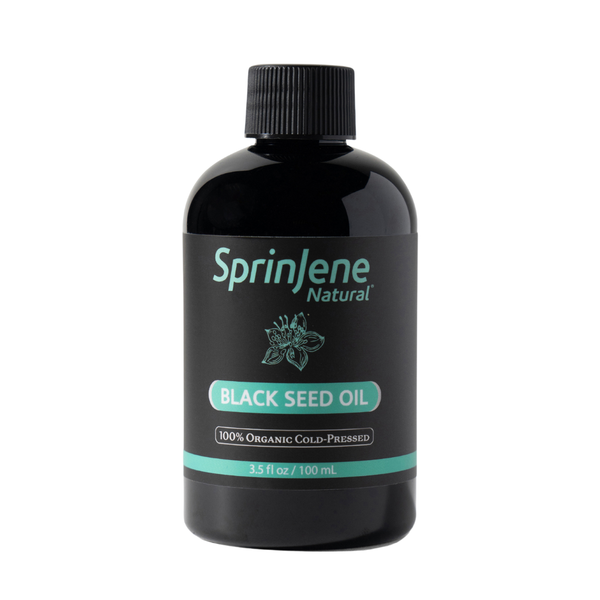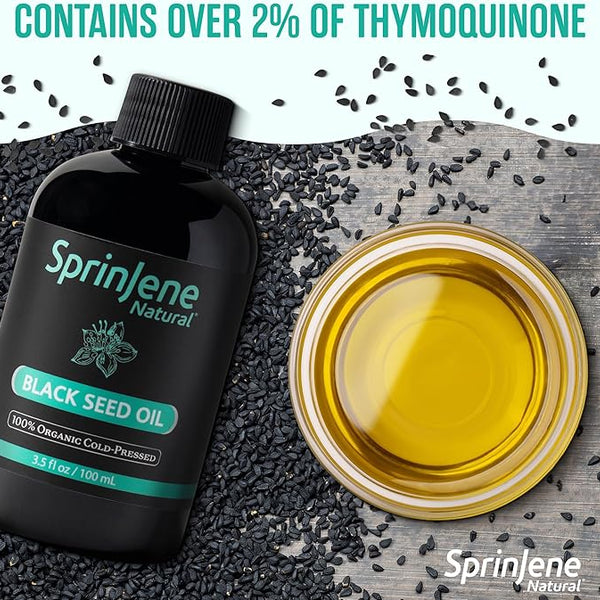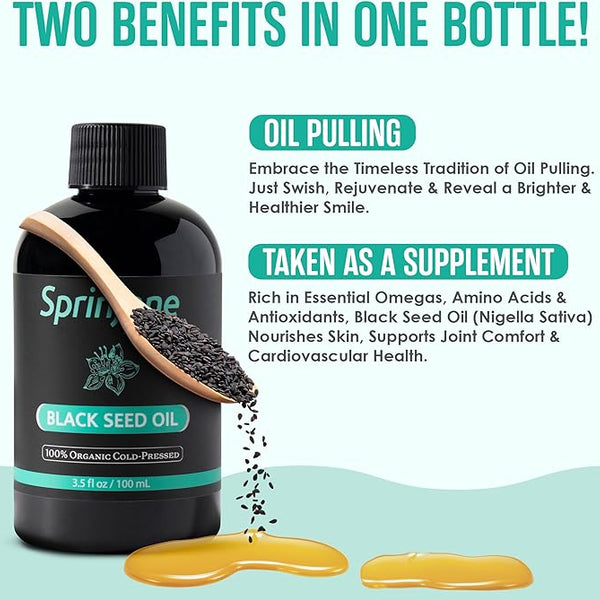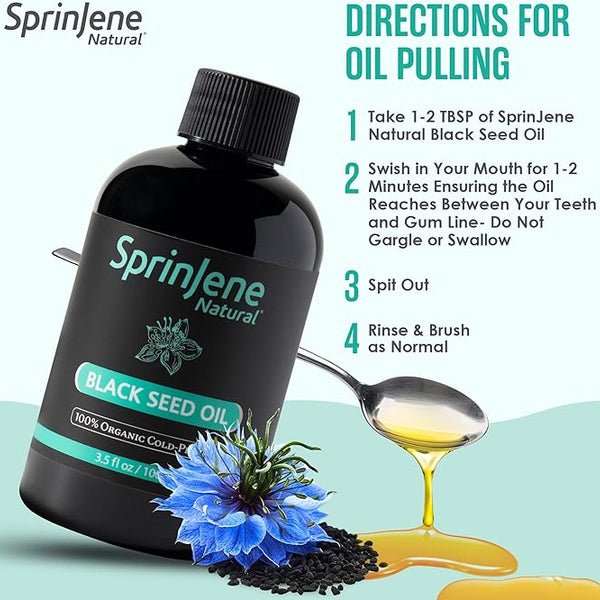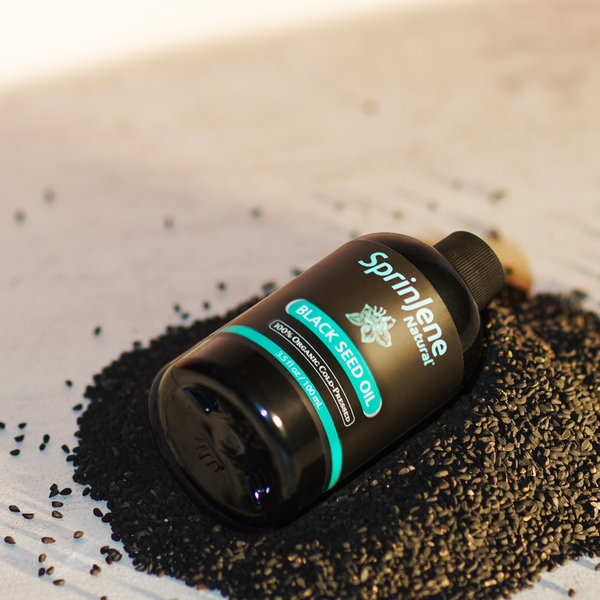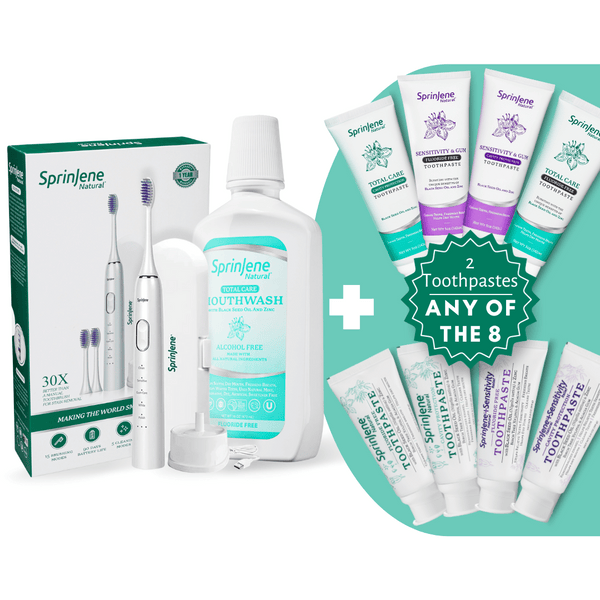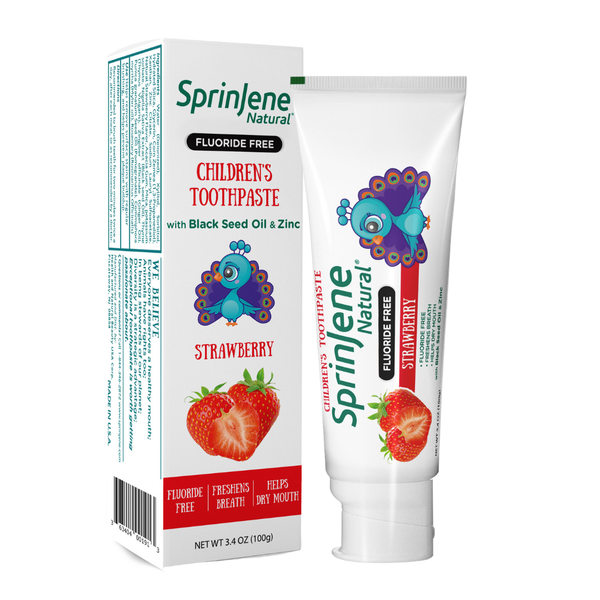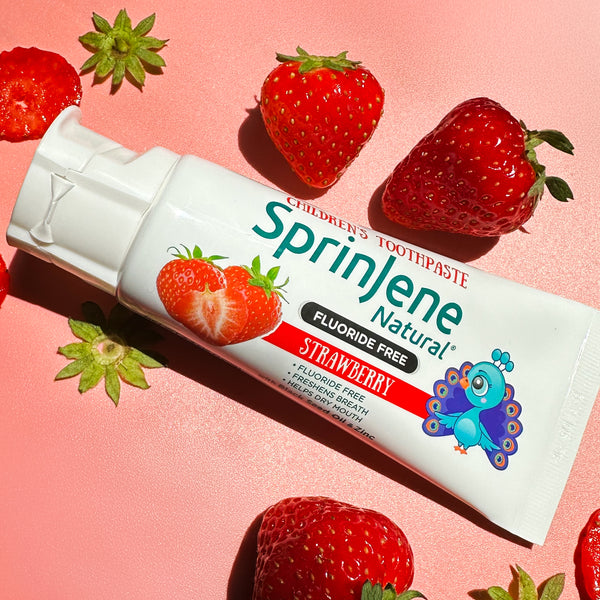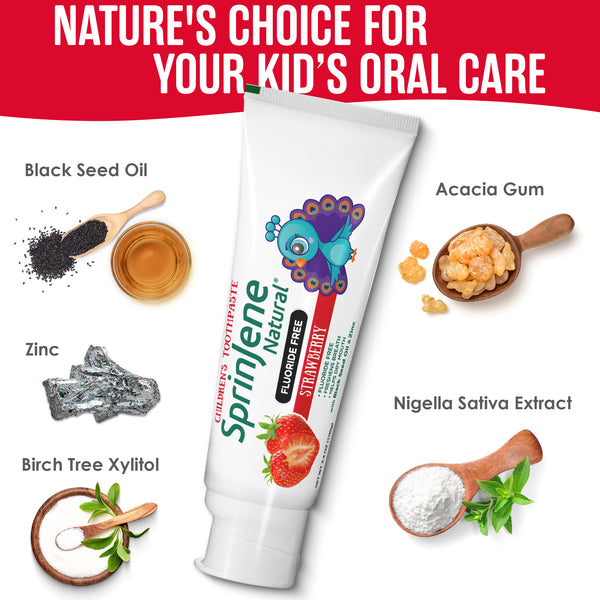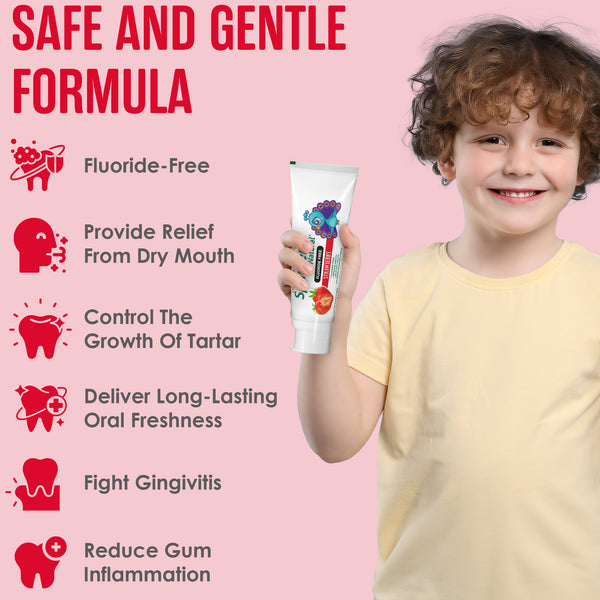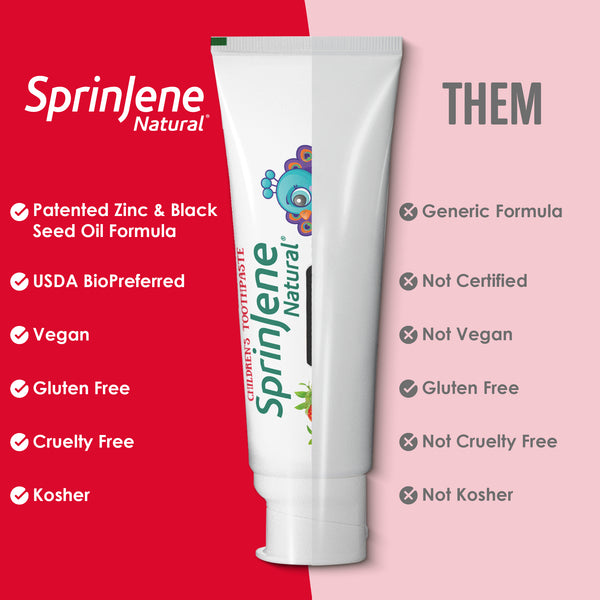Maintaining good oral health does not only refer to regular brushing and flossing; it also encompasses making mindful choices about the foods and drinks we consume. The relationship between oral health and diet is significant, as the foods we eat can impact the health of our teeth and gums. In this informative article, we will examine the importance of nutrition in oral health and explore foods that promote a healthy smile.
The Relationship between Oral Health and Diet
The foods and beverages we consume have a direct impact on our oral health. Poor dietary choices can contribute to tooth decay, gum disease, and other oral health issues. On the other hand, a balanced diet full of essential nutrients can help strengthen teeth, protect against cavities, and support overall oral health.
Sugar and Dental Health:
Sugary foods and beverages, such as candy, soda, and sweets, are major contributors to tooth decay. When sugar is consumed, bacteria in the mouth feed on it and produce acids that attack tooth enamel, leading to cavities. Limiting sugar intake is essential for maintaining optimal oral health.
Acidic Foods and Beverages:
Foods and drinks of an acidic nature, such as citrus fruits, tomatoes, and carbonated beverages, can result in the wearing away of tooth enamel over time. Prolonged exposure to acidic substances can weaken enamel and increase the risk of tooth sensitivity, cavities, and enamel erosion[3].
Nutrient Rich Foods:
A diet rich in essential nutrients, such as calcium, vitamin D, vitamin C, and phosphorus, is beneficial for oral health. These nutrients help strengthen tooth enamel, support gum health and promote overall oral well-being.
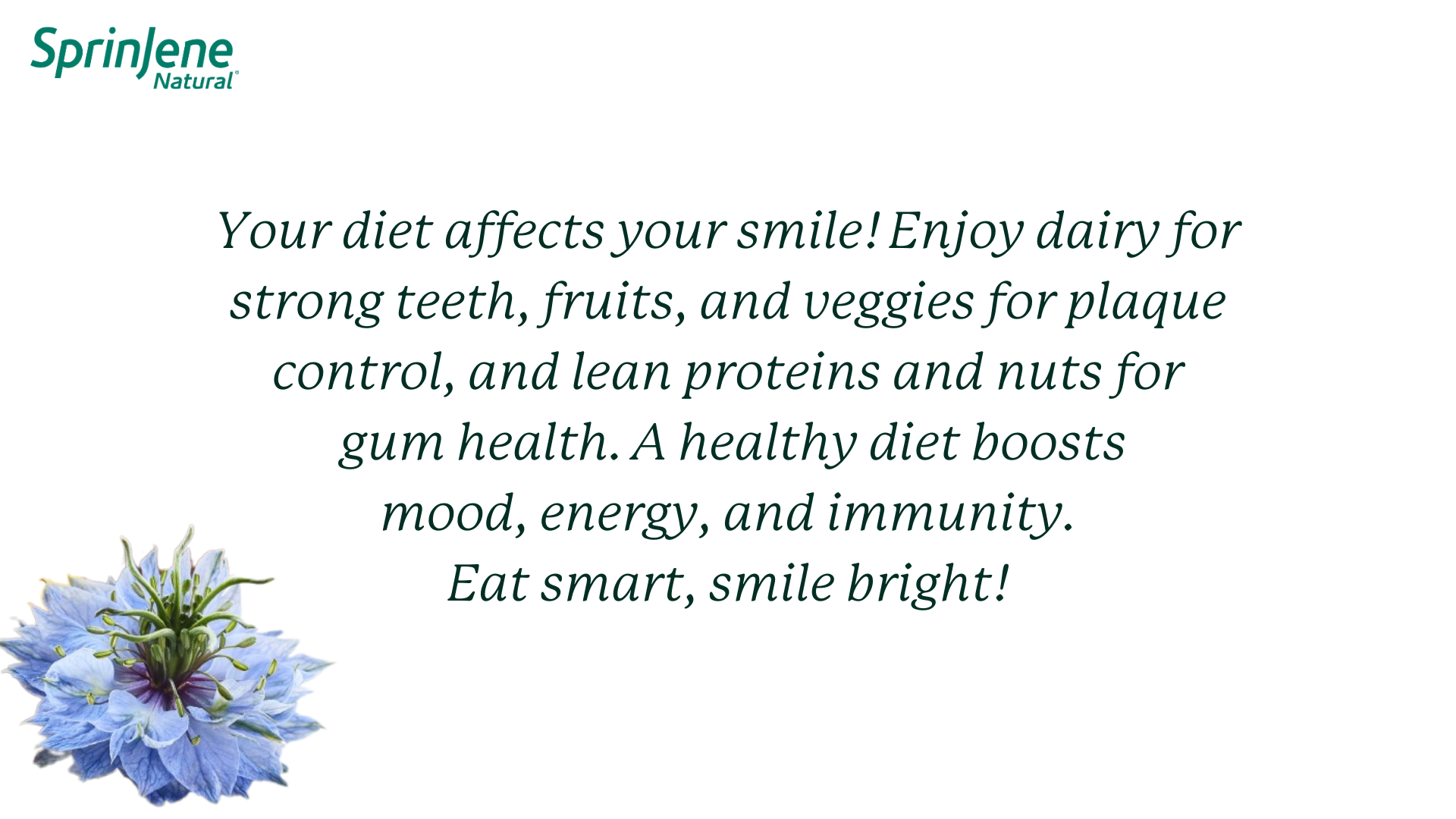
Foods for a Healthy Smile
Incorporating nutrient-rich foods into your diet can help support oral health and maintain a healthy smile. Here are some foods that are beneficial for your teeth and gums:
1. Dairy Products:
Dairy products such as milk, yogurt, and cheese are packed with calcium and phosphorus, which are essential for strong teeth and bones. Calcium helps strengthen tooth enamel, while phosphorus works with calcium to rebuild and repair tooth enamel.
2. Crunchy Fruits and Vegetables:
Crunchy fruits and vegetables, such as carrots, apples, and celery, are almost as good as natural toothbrushes, helping to remove plaque and debris from teeth. Additionally, these foods stimulate saliva production, which helps cancel out the effect of acids and protect against tooth decay.
3. Leafy Greens:
Leafy greens, such as spinach, kale, and Swiss chard, are rich in vitamins and minerals, including vitamin C and calcium, which are essential for gum health. Vitamin C helps strengthen blood vessels and connective tissue in the gums, reducing the risk of gum disease.
4. Lean Proteins:
Lean proteins, such as chicken, fish, and tofu, are important for maintaining healthy teeth and gums. Protein is necessary for tissue repair and regeneration, supporting the health of the oral tissues and preventing gum disease.
5. Nuts and Seeds:
These include almonds, walnuts, and sesame seeds which are rich in nutrients that support oral health, such as calcium, phosphorus, and vitamin D. These nutrients help strengthen tooth enamel and promote gum health.
Benefits of a Healthy Diet on Overall Health and Well-being
Weight Management
A healthy diet helps in achieving and maintaining a healthy weight[4], reducing the risk of obesity and related health issues such as diabetes, cardiovascular diseases, and certain types of cancer.
Nutrient Intake
Consuming a variety of nutrient-dense foods ensures that the body receives essential vitamins, minerals, and other nutrients necessary for optimal functioning and disease prevention.
Improved Mood and Mental Health
Research suggests that a balanced diet rich in fruits, vegetables, whole grains, lean proteins, and healthy fats may positively impact mood and mental health[2], reducing the risk of depression and anxiety.
Increased Energy Levels
Nutrient-rich foods provide the body with sustained energy, promoting alertness and productivity throughout the day while reducing fatigue.
Better Digestion
A diet high in fiber from fruits, vegetables, and whole grains promotes healthy digestion, and regular bowel movements, and reduces the risk of gastrointestinal issues like constipation and diverticulosis.
Stronger Immune System
Nutrients like vitamins A, C, D, and E, as well as zinc and selenium, play crucial roles in supporting immune function, helping the body defend against infections and illnesses.
Healthy Aging
A diet rich in antioxidants, omega-3 fatty acids, and other anti-inflammatory compounds may slow down the aging process, reducing the risk of age-related diseases such as cognitive decline, osteoporosis, and macular degeneration.
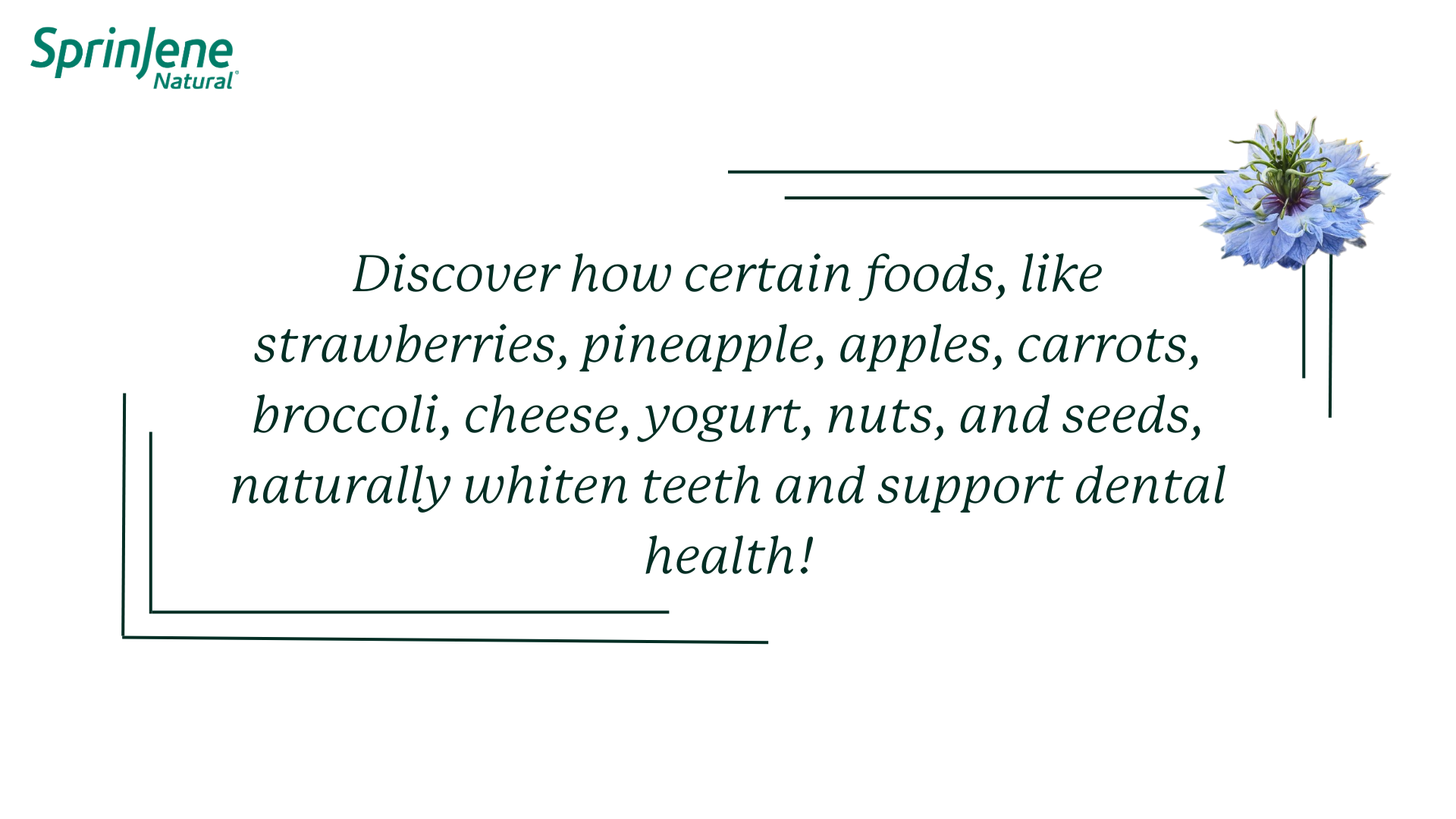
Foods That Can Naturally Whiten Teeth
A bright, white smile is often associated with health, vitality, and improved self-esteem. Despite professional teeth whitening[1] treatments, many people seek natural alternatives to get a radiant smile. One such approach involves incorporating specific foods into your diet that are believed to naturally whiten teeth. In this article, we'll explore a variety of foods that can contribute to a brighter smile while also promoting overall dental health.
Strawberries:
Strawberries are not only delicious but also contain malic acid, a natural enzyme that can help break down surface stains on teeth. Malic acid acts as a natural astringent and can aid in removing discoloration caused by factors like coffee, tea, or wine. Enjoying a few strawberries as part of your snack or dessert can contribute to a brighter smile over time.
Pineapple:
Pineapple contains bromelain, an enzyme known for its anti-inflammatory properties. In addition to its health benefits, bromelain has been suggested to help break down plaque and remove surface stains on teeth. Incorporating fresh pineapple into your diet or enjoying a glass of natural pineapple juice can support oral health and contribute to a whiter smile.
Apples:
The crisp texture of apples makes them nature's toothbrush. Eating apples stimulates saliva production, which helps rinse away food particles and neutralize acids that can lead to tooth decay and staining. Additionally, the natural fibers in apples can help scrub the surface of teeth, reducing the buildup of plaque and surface stains. Snacking on apples between meals can not only satisfy hunger but also promote dental health and maintain a brighter smile.
Carrots:
Similar to apples, carrots are crunchy vegetables that can help clean teeth and gums. Chewing on raw carrots stimulates saliva flow, which aids in washing away bacteria and food particles. Additionally, the abrasive texture of carrots can help remove surface stains from teeth when eaten regularly. Add raw carrots to your meals or enjoy them as a healthy snack to support dental health and brighten your smile.
Broccoli:
Broccoli is a nutrient-rich vegetable with numerous health benefits, including promoting dental health. This cruciferous vegetable contains iron, which forms a protective barrier on the teeth and helps prevent stains from adhering to the enamel. Including broccoli in your diet provides essential vitamins and minerals while contributing to a whiter smile.
Cheese:
Cheese is not only a delicious dairy product but also a tooth-friendly food. Cheese contains calcium and phosphorus, which are essential minerals for strengthening tooth enamel and preventing decay. Additionally, the protein and fat content in cheese can help neutralize acids in the mouth, reducing the risk of enamel erosion and staining. Enjoying a serving of cheese as a snack or incorporating it into meals can promote dental health and contribute to a brighter smile.
Yogurt:
Yogurt is another dairy product that offers dental benefits. It contains probiotics, beneficial bacteria that support oral health by reducing the growth of harmful bacteria in the mouth. Additionally, yogurt is a natural source of lactic acid, which can help protect against tooth decay and promote enamel remineralization. Including yogurt in your diet as a snack or breakfast option can support dental health and contribute to a whiter smile.
Nuts and Seeds:
Nuts and seeds are not only nutritious but also beneficial for dental health. The abrasive texture of nuts and seeds can help remove surface stains from teeth when chewed. Additionally, nuts and seeds are rich in essential nutrients like calcium, phosphorus, and vitamin D, which are crucial for maintaining strong and healthy teeth. Snacking on a handful of nuts or seeds can promote dental health while also contributing to a brighter smile.
Water:
While not food, water plays a crucial role in promoting dental health and maintaining a white smile. Drinking water throughout the day helps rinse away food particles and acids that can lead to tooth decay and staining. Additionally, staying hydrated promotes saliva production, which is essential for neutralizing acids in the mouth and protecting against enamel erosion. Make it a habit to drink water regularly to support dental health and keep your smile bright.
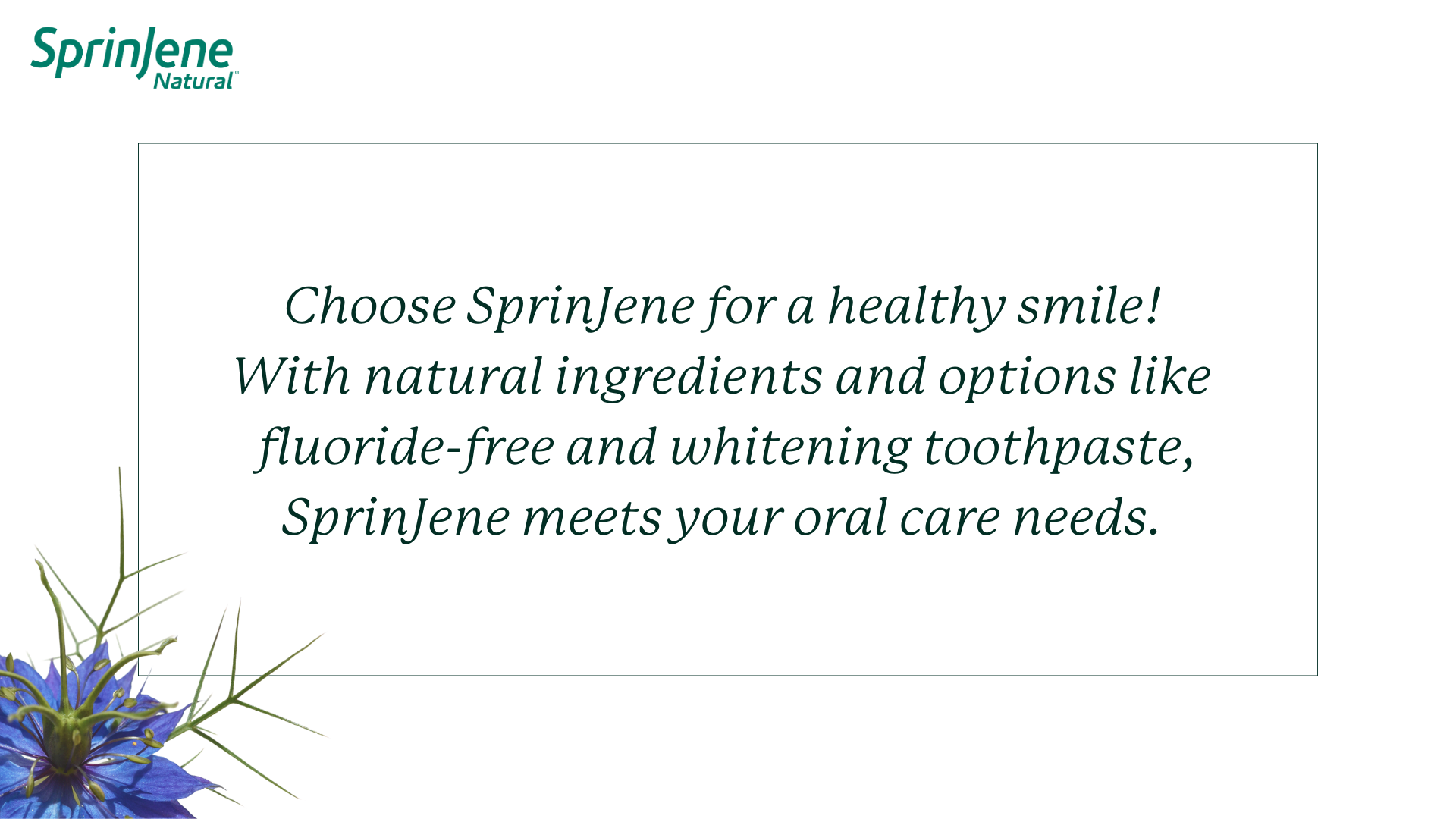
Choose SprinJene Natural® Toothpaste for Optimal Oral Health
In addition to making smart dietary choices, using the right oral care products is essential for maintaining optimal oral health. SprinJene Natural® Toothpaste offers a range of products formulated with natural ingredients to support healthy teeth and gums. From fluoride-free options to whitening toothpaste, SprinJene has a product to meet your specific oral care needs. Here is why you should choose SprinJene:
Natural Ingredients:
SprinJene Natural® Whitening Toothpaste is formulated with a thoughtfully curated selection of natural ingredients renowned for their dental benefits. Notably, silica serves as a key component, contributing to the toothpaste's gentle whitening action while promoting overall oral health. Silica, derived from natural sources, gently polishes tooth surfaces, helping to remove surface stains and unveil a brighter, more radiant smile.
Gentle Whitening with Silica:
Unlike abrasive or chemical-based whitening agents that may compromise enamel integrity, silica offers a gentle yet effective approach to whitening. By harnessing the natural abrasive properties of silica, SprinJene Natural Whitening Toothpaste lifts surface stains without causing undue wear on tooth enamel. This gentle action makes it suitable for daily use, allowing individuals to achieve a luminous smile without sacrificing dental health.
Natural Plaque Control:
In addition to its whitening benefits, silica plays a role in promoting oral hygiene by aiding in plaque removal. The mild abrasiveness of silica particles helps to mechanically dislodge plaque and debris from tooth surfaces, supporting a cleaner and healthier mouth. Regular use of SprinJene Natural Whitening Toothpaste with silica can contribute to improved gum health and reduced plaque buildup over time.
Free From Harsh Chemicals:
Committed to providing a safe and natural oral care experience, SprinJene Natural Whitening Toothpaste is free from a variety of potentially harmful ingredients commonly found in traditional toothpaste formulations. This includes sulfates, artificial dyes, preservatives, and synthetic flavors, ensuring a gentle and non-toxic product suitable for individuals with sensitive teeth or those seeking a more natural oral care solution. Choose from the following options:
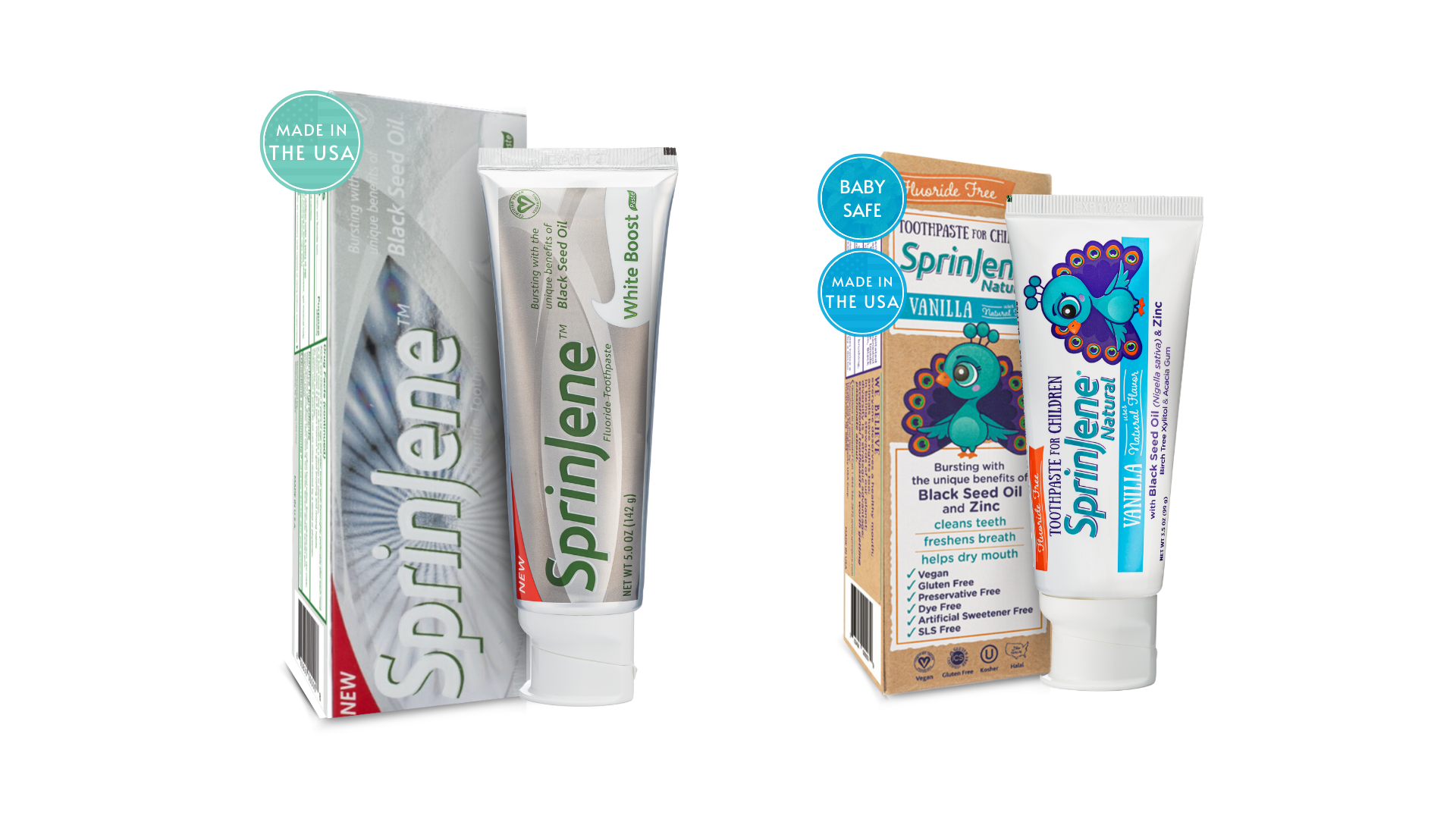
SprinJene Natural® Fluoride-Free Toothpaste:
Formulated without fluoride, SLS, artificial dyes, and preservatives, SprinJene Natural Fluoride-Free Toothpaste provides effective cleaning and protection for your teeth and gums.
SprinJene Whitening Toothpaste:
For a brighter smile, try SprinJene Whitening Toothpaste. It gently removes surface stains while freshening breath and supporting overall oral health.
SprinJene Natural® Kids Toothpaste:
Keep your little one's smile healthy with SprinJene Natural® Kids Toothpaste. Formulated with natural ingredients, it provides effective cleaning and protection for young teeth and gums. Choose between different flavors including watermelon, vanilla, apple mint, and bubble gum. They are available in fluoride as well as fluoride-free formulas for optimum health and protection for your children’s precious teeth.
SprinJene Oral Healthcare Products takes pride in its certifications of being 100 percent Organic, Cruelty-free, Kosher, Halal, Vegan, and ADA-approved.
Incorporate SprinJene Natural Toothpaste into your daily oral care routine to maintain optimal oral health and achieve a healthy, radiant smile.
In conclusion, the relationship between oral health and diet is undeniable. Making nutritious food choices and using the right oral care products are essential for maintaining a healthy smile. By incorporating nutrient-rich foods into your diet and choosing SprinJene Natural Toothpaste for your oral care needs, you can support overall oral health and enjoy a confident smile for years to come.
References
- Benahmed, A. G., Gasmi, A., Menzel, A., Hrynovets, I., Chirumbolo, S., Shanaida, M., Lysiuk, R., Shanaida, Y., Dadar, M., & Bjørklund, G. (2022). A review on natural teeth whitening. https://doi.org/10.1016/j.job.2021.12.002
- Grajek M, Krupa-Kotara K, Białek-Dratwa A, Sobczyk K, Grot M, Kowalski O, Staśkiewicz W. (2022). Nutrition and mental health: A review of current knowledge about the impact of diet on mental health. https://www.ncbi.nlm.nih.gov/pmc/articles/PMC9441951/
- Manaf, Z. A., Lee, M. T., Ali, N. H., Samynathan, S., Jie, Y. P., Ismail, N. H., Bibiana Hui Ying, Y., Wei Seng, Y., & Yahya, N. A. (2012). Relationship between food habits and tooth erosion occurrence in Malaysian University students. https://www.ncbi.nlm.nih.gov/pmc/articles/PMC3431744/
- Soeliman, F. A., & Azadbakht, L. (2014). Weight loss maintenance: A review on dietary related strategies. https://www.ncbi.nlm.nih.gov/pmc/articles/PMC4061651/

